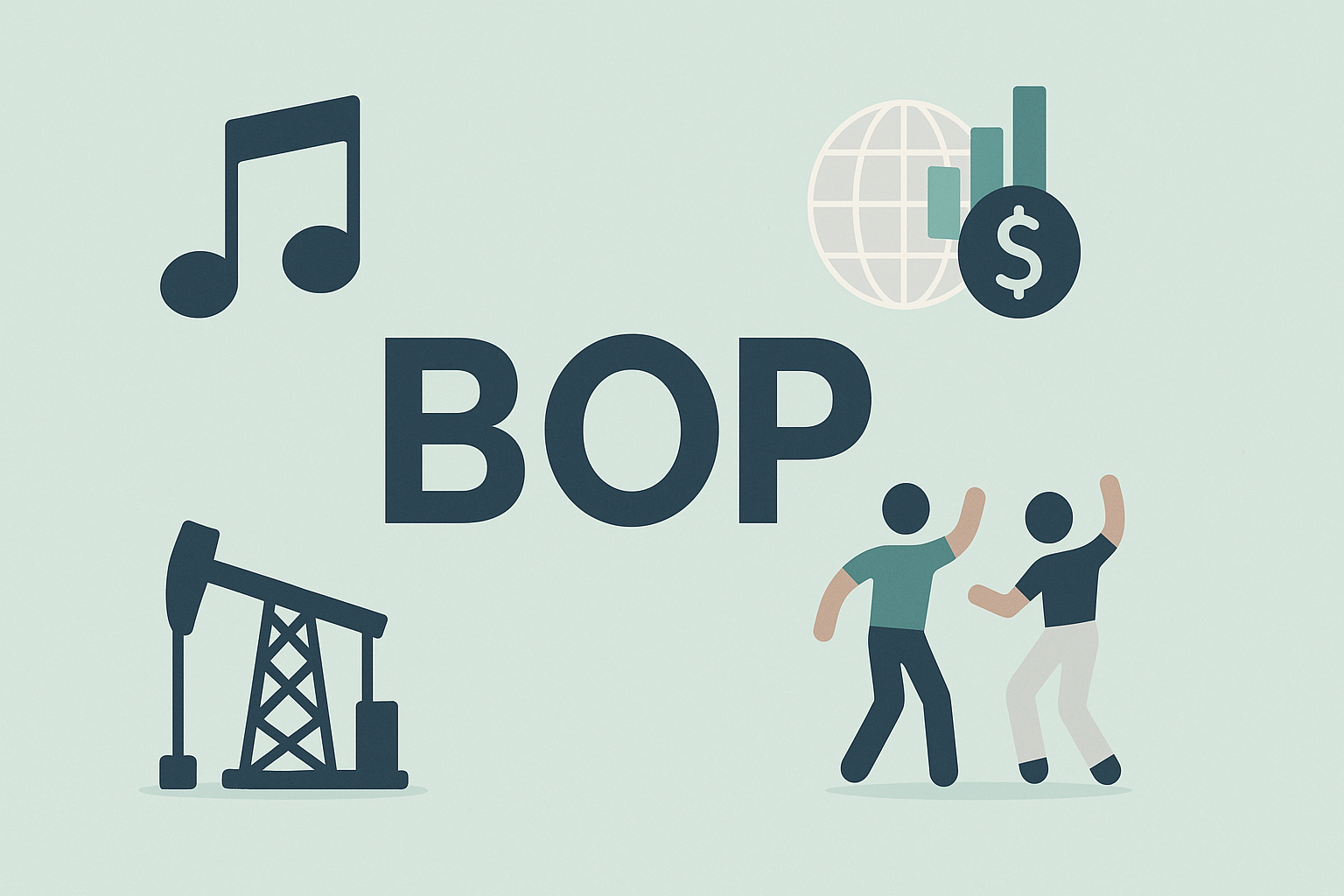The markets are doing that thing again—you know, the one where they get jittery because Washington and Beijing are trading barbs instead of goods.
Dow futures took a dive this morning as China pushed back—with considerable force—against accusations leveled by President Trump last week. Beijing's counternarrative? That it's actually the United States that has "seriously undermined" their trade truce through a series of what they're calling "discriminatory and restrictive measures."
These measures apparently include new export controls targeting advanced AI chips and the revocation of visas for Chinese students. Not exactly small potatoes.
There's something almost rhythmic about how these trade disputes unfold. I've covered these US-China flare-ups since 2018, and the choreography rarely changes: accusations fly, markets tumble, investors reach for their blood pressure medication. Then repeat.
"We're witnessing what I call the 'Trade War Pendulum Effect,'" explained Dr. Sarah Chen, international economics professor at Georgetown, when I spoke with her this morning. "Markets swing between optimism during calm periods and pessimism during confrontations, though each swing becomes less dramatic as participants develop thicker skin to the rhetoric."
Look, trade negotiations between major powers have never been simple affairs. But this particular relationship carries its own special flavor of market-rattling uncertainty. It's not just about tariffs anymore (was it ever?). We're talking about two fundamentally different economic systems trying to establish ground rules while racing for technological supremacy.
The AI chip export controls are particularly telling.
This isn't your grandfather's trade dispute about steel quotas and soybean purchases. We're watching—in real-time—as technological boundaries are being drawn between the world's two largest economies. And Wall Street knows it.
Market responses to these developments typically progress through three distinct phases. First comes the knee-jerk selling (that's today). Next, we'll get the calculated assessment as analysts publish their hot takes. Finally, normalization sets in when... oh look, something shiny! The news cycle inevitably moves on.
For investors trying to make sense of this latest diplomatic dust-up, the million-dollar question is whether this represents a fundamental shift in relations or just another verse in an endless song.
History suggests the cyclical nature of these tensions. Remember the champagne-popping celebrations over the Phase One trade deal? Or the market panic during the Huawei restrictions? Each episode generated volatility that eventually subsided as pragmatism prevailed.
What makes this current situation somewhat different (or at least more interesting) is the timing—emerging amid broader conversations about national security, tech competition, and supply chain vulnerabilities that COVID-19 so brutally exposed.
The visa revocations? That adds a human dimension that complicates what might otherwise be a purely economic story.
Practically speaking, companies with significant China exposure—semiconductors, luxury brands, and certain industrial manufacturers—will likely see their stocks bounce around like ping-pong balls in the coming days. The broader market impact will largely depend on whether this war of words escalates into actual policy changes.
I mean, there's something almost comical about watching supposedly efficient markets struggle repeatedly with the same fundamental uncertainty. It's as if rational pricing takes a smoke break whenever trade headlines cross the wire.
(Full disclosure: my retirement account probably doesn't find it quite so amusing.)
The smart money isn't trying to predict each twist and turn in this ongoing saga—that's for suckers. The wiser approach recognizes the structural reality that US-China tension is here to stay... probably for decades. Position your portfolio accordingly, maintain healthy diversification, and maybe keep some antacids handy.
In the meantime, futures traders are voting with their sell orders, and we'll all watch as another chapter in the great power competition unfolds.
Just don't act surprised when we're having this exact same conversation six months from now.




